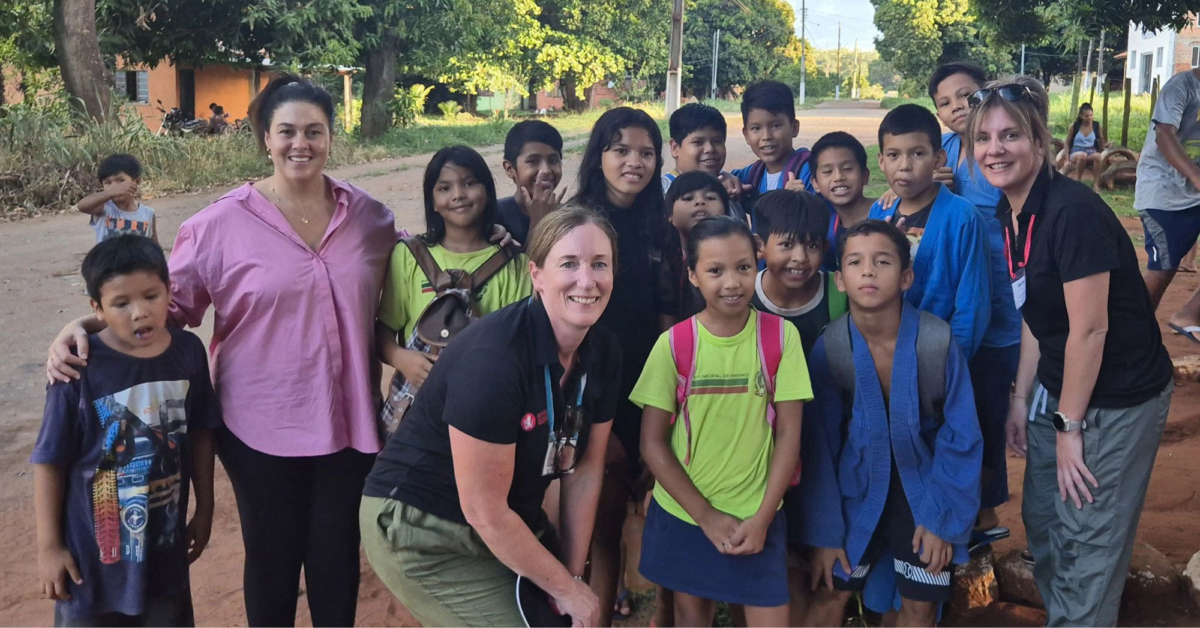
2024 Nuffield Scholars from across the globe headed to Campo Grande in Brazil for the Contemporary Scholars Conference (CSC). Our own Scholars: Rachel Baker, Jenna Smith, Carlos Bagrie and Peter Templeton joined Rural Leaders CEO, Lisa Rogers and Chair, Kate Scott at the Conference. For many, the Conference kicks off their research travels officially.
To give some idea of the sights seen and insights gained on the nearly month-long time abroad on the CSC and post conference tours, we share a few of Jenna and Rachel’s LinkedIn posts and images. (There’s a couple there from Lisa Rogers as well).
Rachel Baker,
Post 1
Ready…set…fly! I’m heading off with my fellow Nuffield NZ 2024 scholars for the CSC Scholars Conference in Campo Grande, Brazil. Looking forward to connections, learning and new experiences while flying the flag for the NZ food sector.
Jenna Smith,
Post 1
“Everyone wants to go to heaven – but nobody wants to die…”
And herein lies the complexity when having global discussions about decarbonisation – let alone our domestic perspective on our responsibilities.
I’ve had a fascinating start to the Nuffield Contemporary Scholars Conference here in Brazil. Really thought provoking initiatives and conversations about some wicked problems.
Although not perfect – and none of us are – I’ve really enjoyed hearing about Mato Grosso do Suls journey to sustainability, and their ambition to ‘Make it Happen’.
Rachel,
Post 2
My impression of my time in Brazil is of a vast country, of contrasts, and big aspirations for the world stage. A proud patriotic people, of mixed origin and traditions, welcoming and open with visitors.
Policy makers want to bring biodiversity to the forefront of global climate change conversation, believing decarbonisation is a Northern Hemisphere agenda. By law, a % of farmed land has to be retired and planted, from 20% in Mato Grossa du Sol to 80% in the Amazon. Satellite imagery is used for compliance.
Food production is simply mind boggling in scale – they are the world’s 4th largest producer of food and the 3rd largest exporter of food (forecast to be 2nd by FAO). Orange juice, coffee, sugar cane, soya, beef…so much food. Private capital is funding investment which is accelerating growth and opportunity.
Brazil is a country on a growth trajectory well worth following – their scale will create both influence and impact.
Jenna,
Post 2
Visiting Aldeia Brejão and the Terēna people on the Nioaque Indigenous Land, in Mato Grosso do Sul was something I’ll play back over and over again. Their sheer determination to be a part of the solution, even with little influence, was awe-inspiring.
This Indigenous community spoke at length about their part and the importance in bringing together ecosystem diversity.
They also know all too well the impact climate change is having on their way of life. The volatile weather patterns have meant it is increasingly harder for them to live from the land according to traditional methods.
Added to this they are noticing the degradation of their natural resources coming through their settlement.
They’re having the conversations that many of us put in the too hard basket, because they don’t have the luxury of sitting by and waiting for solutions to come to them.
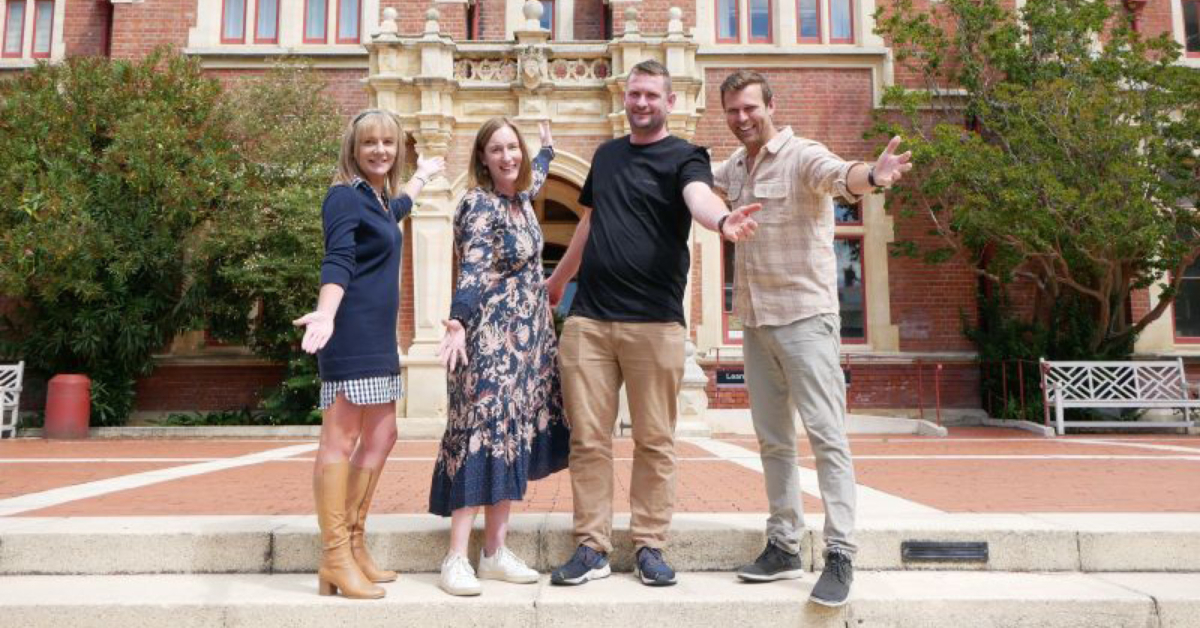
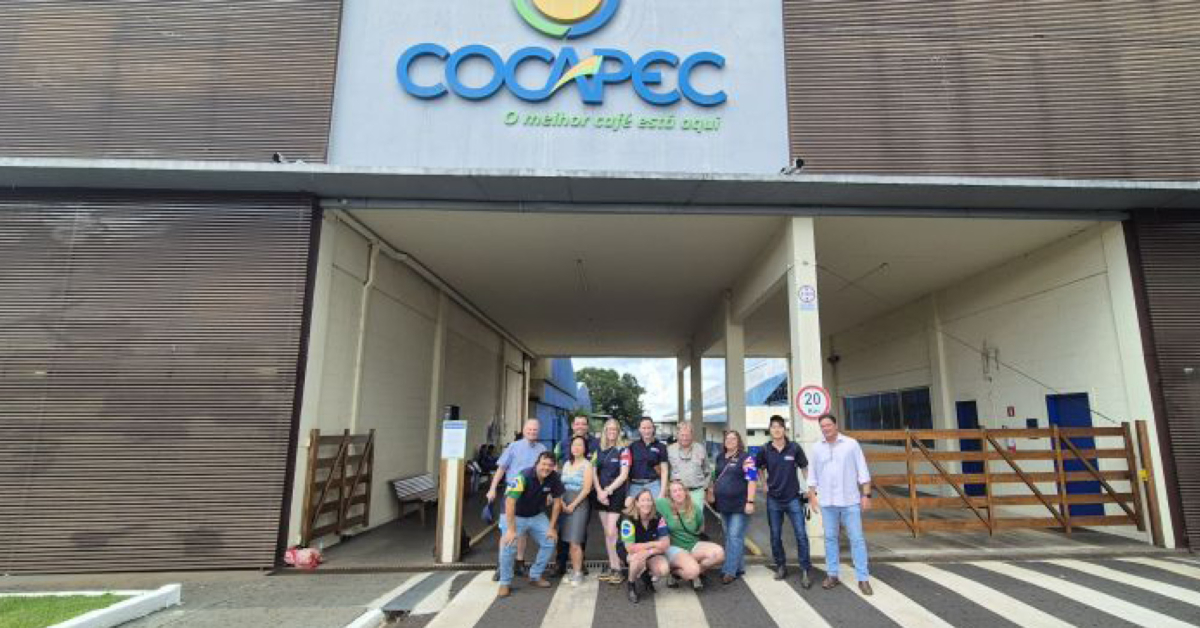
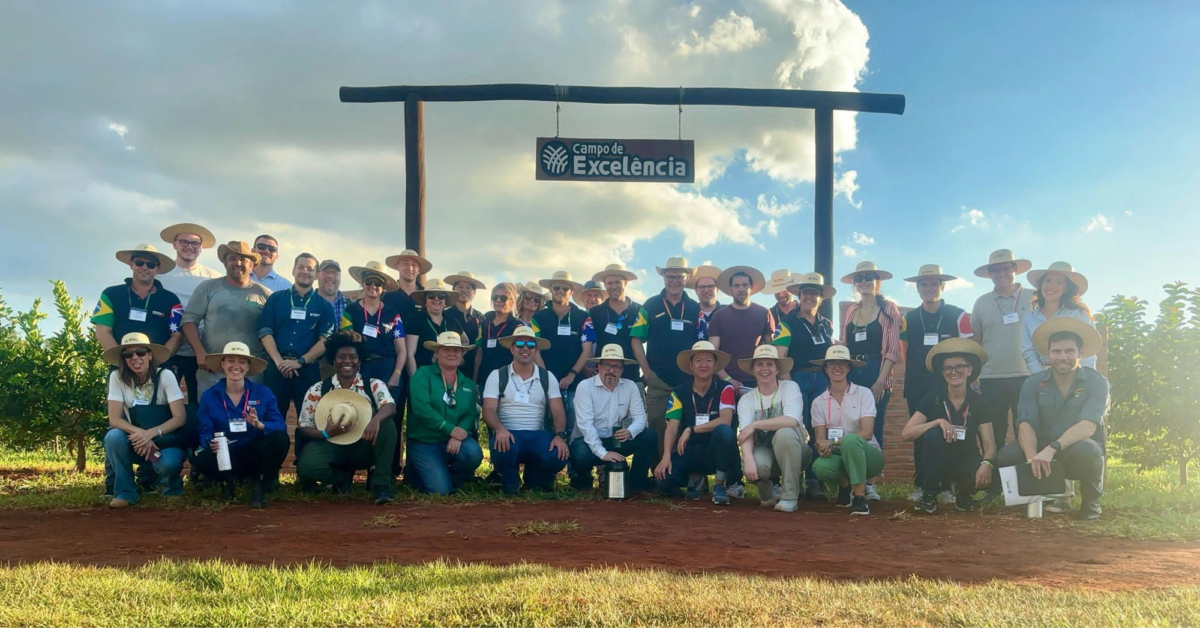
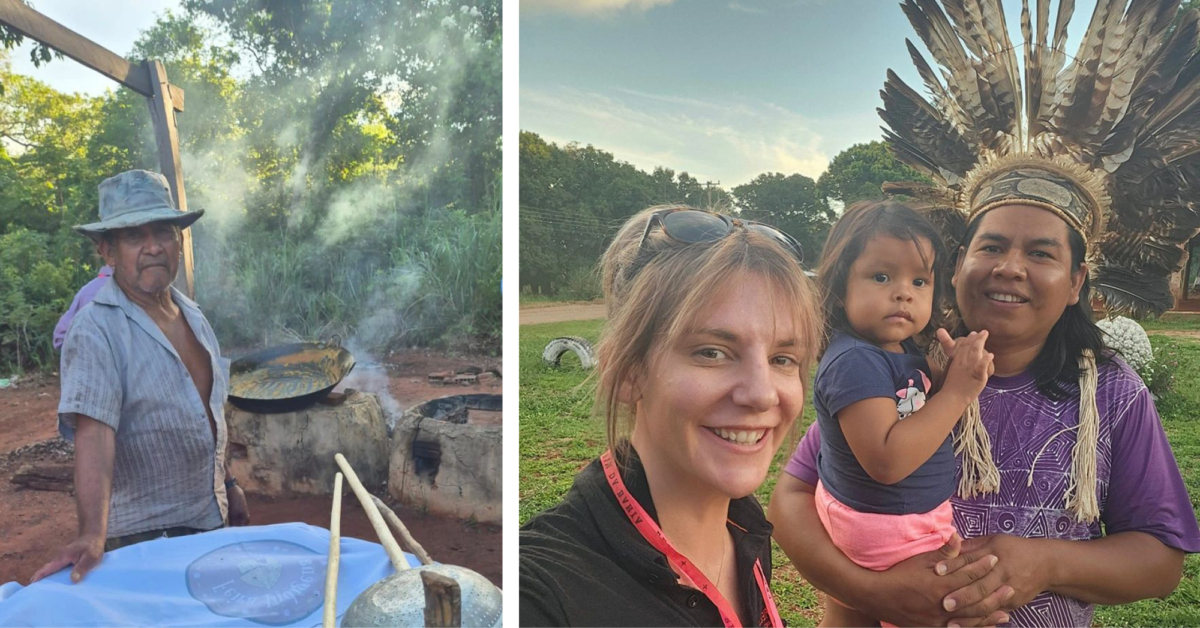

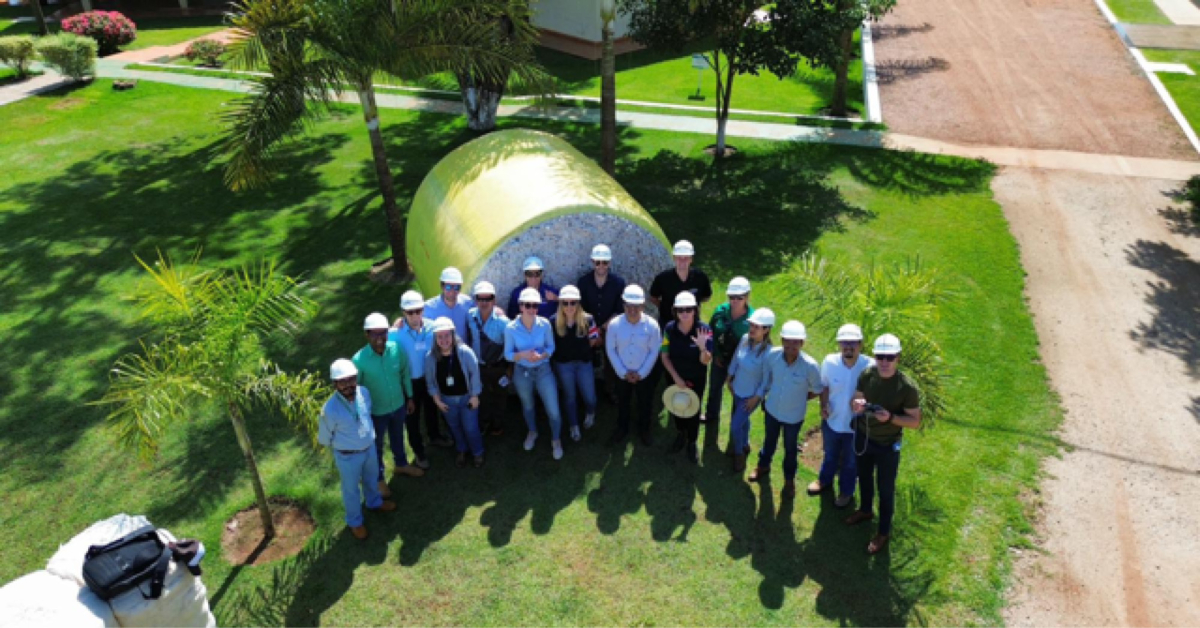
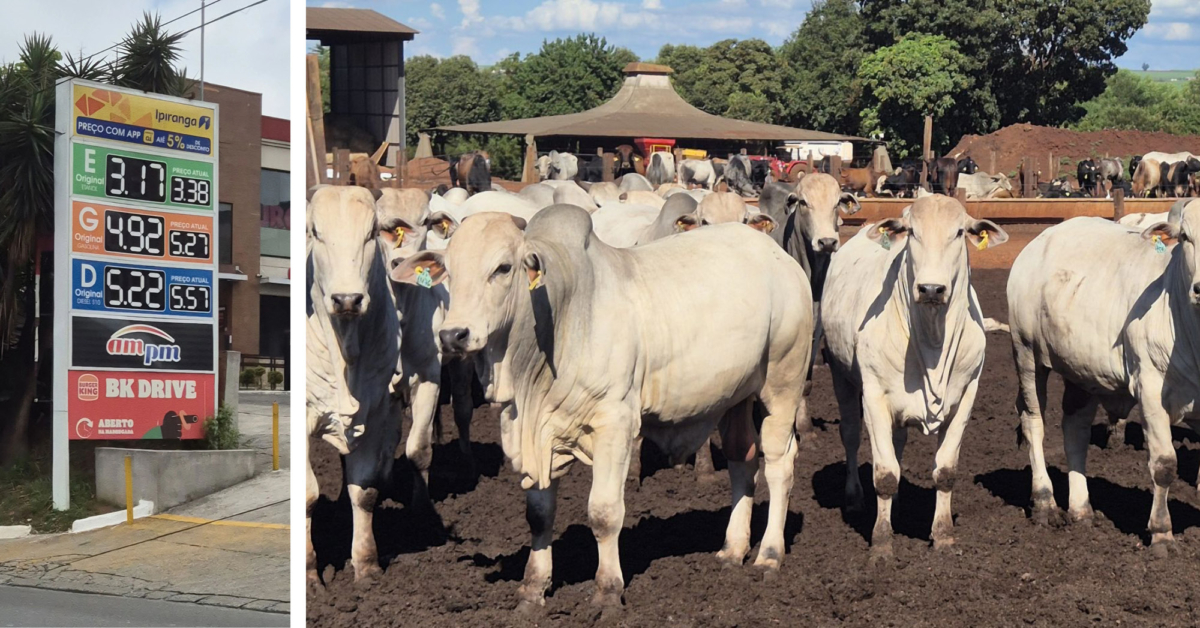
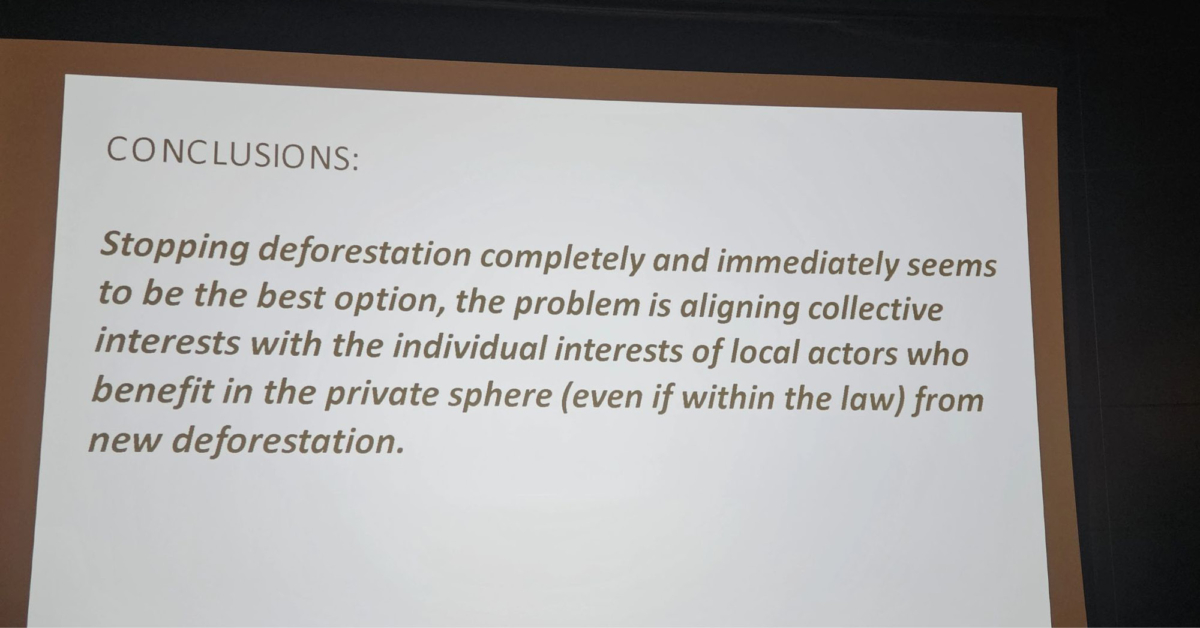
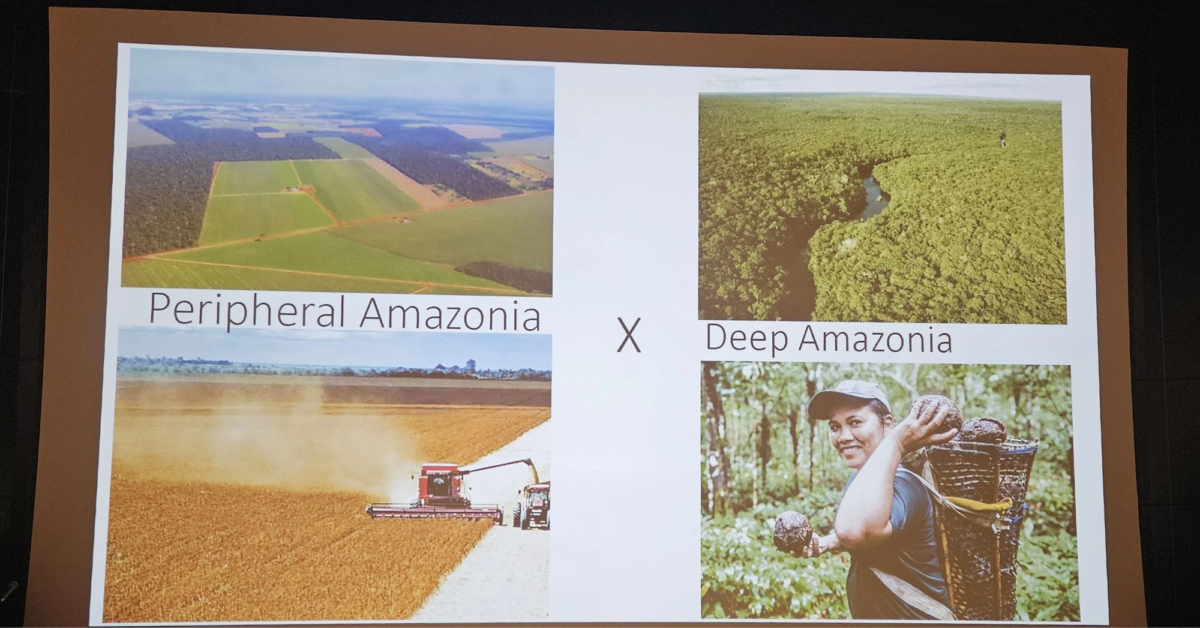
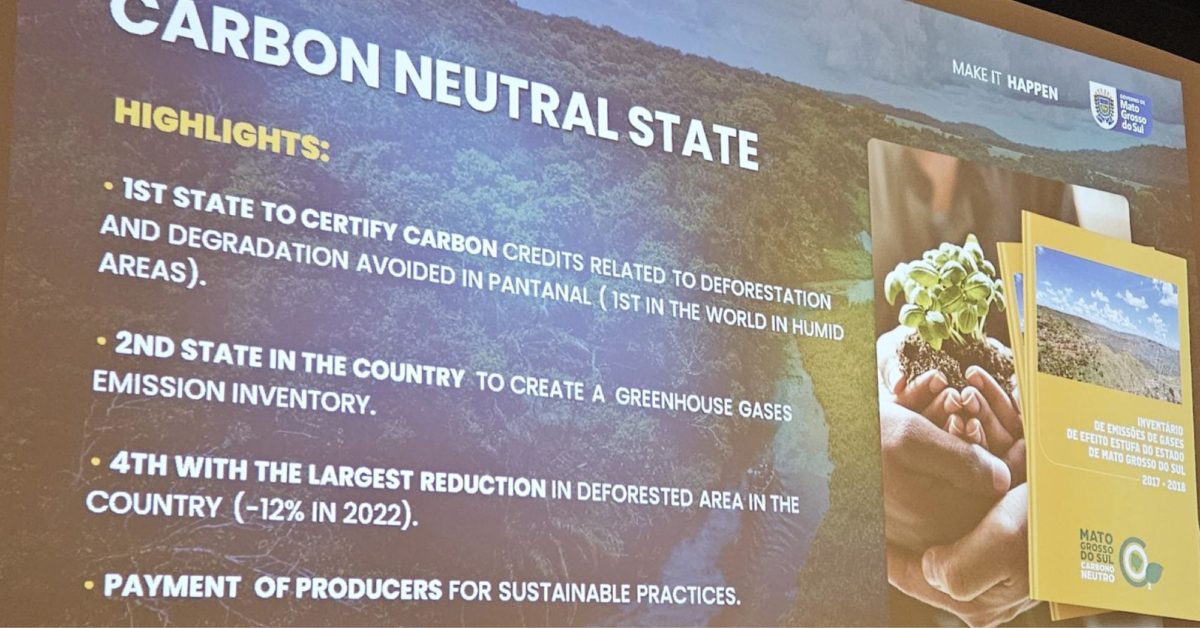
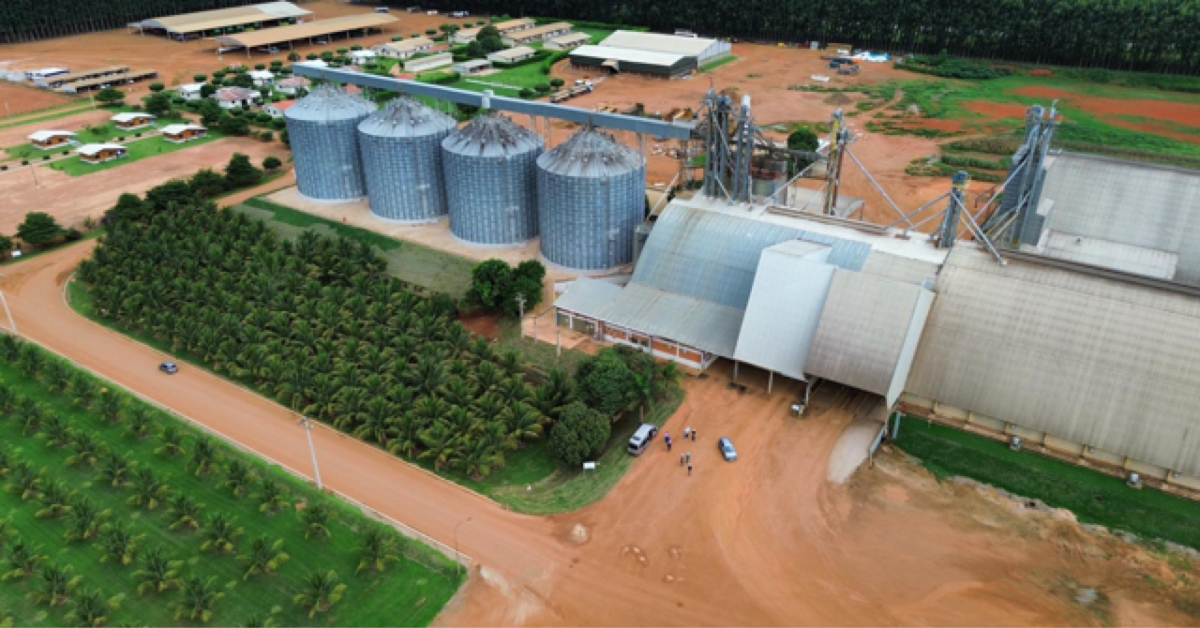
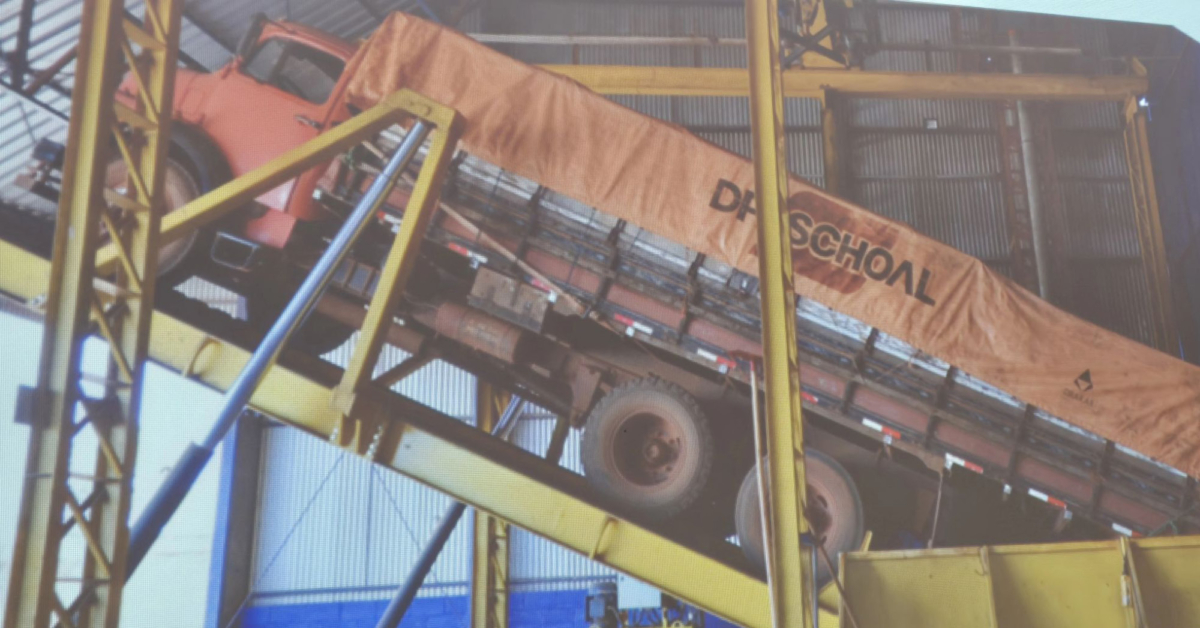
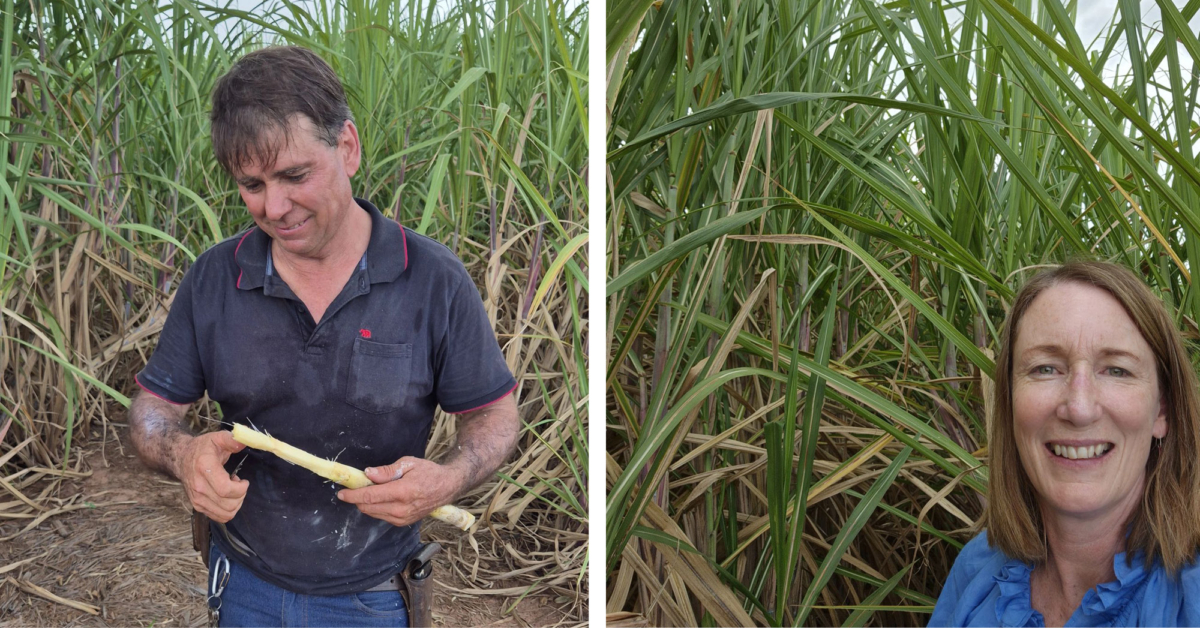
Rachel,
Post 3
An insight into coffee production from my Nuffield travels in Brazil.
🌳Brazil is one of the world’s largest arabica coffee producers, of which ~50% is exported. Check where your coffee beans are sourced, it’s very likely to be from Brazil!
🤝We visited Cocapec, a coffee cooperative in Franca in Sao Paulo state, which receives and processes 1.5m tonnes of green coffee beans from 3,000 members for sale on a trading platform.
🌱Supply is from 100,000 ha of plantation, from 5-10 ha properties to thousands of hectares.
🚚Trucks are emptied by hydraulics, which lift the entire truck!
👩🌾The grower keeps ownership and control of their beans through to the point of sale, instructing the Cooperative what and when to sell and an expected price.
☕️Coffee beans are grower currency, they can pay for goods they purchase from Cocapec with coffee.
❄️The sector was impacted heavily by a huge unforeseen frost event in 2021, followed by a prolonged dry period, which killed or damaged trees and reduced yield by 50%. Yields are nearly back to 2020 levels.
🌱Harvest is now predominantly mechanized which reduces costs by 25-30%.
👨🌾Farmers are supported by Cocapec agronomists, scientists, laboratory testing, farm supplies as well as government scientists and training opportunities. The Co-op also provides favourable finance options to members for machinery purchases.
💰Coffee has a competitive grower cooperative environment and Cocapec is actively recruiting new members.
Rachel,
Post 4
Sugarcane insights from my recent Nuffield travels in Brazil.
Brazil is the world’s largest producer of sugarcane and the highest ethanol producer from sugarcane (the US is the largest ethanol producer, mainly from corn).
🍬The largest global consumers of sugar are India and China.
⚡️Brazilian ethanol producers want to reshape the future of global energy, providing “profitable and sustainable decarbonisation energy solutions”
🌱 Sugarcane is grown on a 7-8 year cycle, yields ~100 tonnes/ha at maturity (5-6m tall), is deep-rooted so doesn’t usually require irrigation.
☀️ Sugarcane is ~12% sugar, 70% water and 18% bagasse (fibrous pulp), straw and minerals.
⚡️Products of sugarcane processing are sugar, ethanol and clean energy (bioelectricity). The process can operate as a circular economy with 99% of by-products reused e.g. 2nd generation ethanol, fertiliser, compost.
🌽Compared to corn, sugarcane produces twice the yield of ethanol for the same area.
🚜 Sugarcane planting and harvesting has progressed to ultra-precision planting with full automation no tillage (reduced GHG emissions by 43%), dual mechanised harvesting and integrated pest management (85% biological). Fuel for the 500-600hp machinery is still diesel but hydrogen and ethanol injection is being trialled.
🚘 Cars and light vehicles in Brazil are fuel-flexible and can run on ethanol (NZ$1.05/L) or an ethanol/gasoline (NZ$1.64/L) blend. I didn’t see any electric or hybrid vehicles.
🏭 We visited one of Sao Martinho’s four sugarcane mills. SM is a large 49% publicly listed company. At this mill they process 10 million tonnes of sugarcane (from 130,000 ha) from April to November with a truck arriving every 1.8 minutes for 220 days! 50% of the bioelectricity produced is sold to the national grid and all fleet vehicles run on 100% ethanol.
❓️Could Australia be the ethanol energy supplier to the Pacific?

























